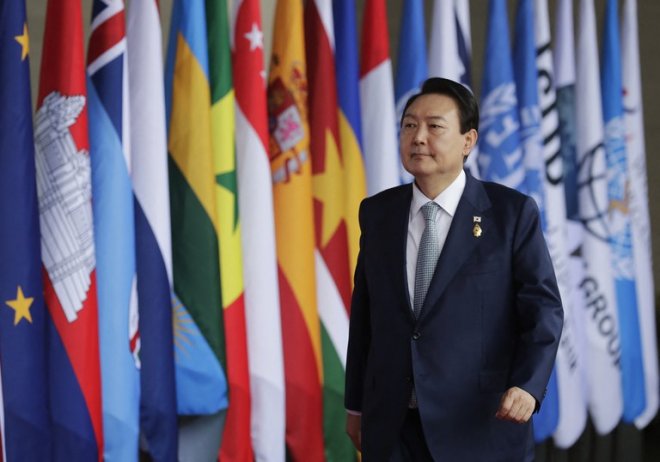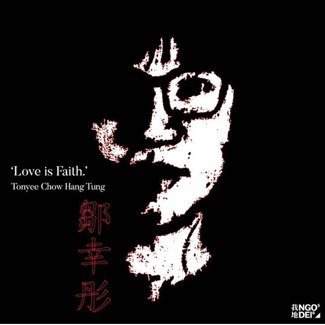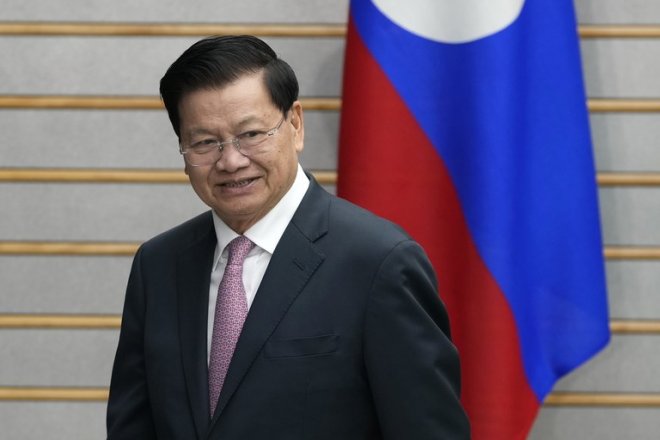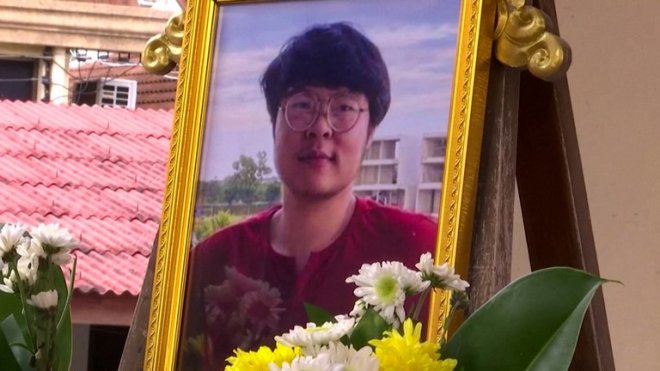US, Australia, Canada voice support for South Korea’s Indo-Pacific Strategy
The U.S. has welcomed South Korea’s newly launched Indo-Pacific Strategy while China said Beijing “believes that countries should work together… against exclusive coteries.”On Wednesday Seoul announced its “Strategy for a Free, Peaceful, and Prosperous Indo-Pacific Region” to outline the country’s regional foreign policy and security approach.
“The Republic of Korea is an Indo-Pacific nation,” the paper said, using the country’s official name, abbreviated as ROK.
It said “Korea’s next leap forward depends on a peaceful and stable Indo-Pacific,” and calls for “collective efforts to find common solutions to a range of complex challenges and build a sustainable and resilient regional order.”
Almost immediately after the announcement, the U.S. spoke in its support with National Security Advisor Jake Sullivan calling the strategy “a reflection of our shared commitment to the region’s security and growing prosperity.”
Sullivan said in a statement that the strategy “demonstrates the commitment of President Yoon [Suk-yeol] and the Korean people to upholding universal values such as the rule of law and human rights.”
“The ROK’s goal to expand its cooperation with other allies and partners across the Indo-Pacific will strengthen our shared ability to advance international peace, security, and promote nuclear non-proliferation,” the statement said.
U.S. allies Australia and Canada also voiced support. Australian Foreign Minister Penny Wong said her country looks forward “to working with Korea to advance our shared interests in a stable, peaceful and prosperous Indo-Pacific.”
Canadian Foreign Minister Melanie Joly, meanwhile, said that Canada’s and South Korea’s approaches are “aligned, complementary, and will drive forward our shared priorities.”
The strategy was released a month after President Yoon outlined its basics at an ASEAN-ROK summit in Cambodia.
 South Korea"s President Yoon Suk-yeol arrives for the G20 leaders" summit in Nusa Dua, on the Indonesian resort island of Bali on Nov. 15, 2022. CREDIT: Mast Irham/Pool/AFP
South Korea"s President Yoon Suk-yeol arrives for the G20 leaders" summit in Nusa Dua, on the Indonesian resort island of Bali on Nov. 15, 2022. CREDIT: Mast Irham/Pool/AFPIndo-Pacific nation
The first “core line” of the strategy is to “build a regional order based on norms and rules.”
“We will stand with the international community in condemning and responding firmly to actions that threaten universal values and international norms,” the paper said, adding that Seoul will also play “a leading role to strengthen the rules-based international order.”
“Our close cooperation with the United States and Japan, with whom we share the values of liberal democracy and human rights, is a useful trilateral platform of cooperation,” it said.
The new strategy also reaffirmed “the importance of peace and stability in the Taiwan Strait for the peace and stability of the Korean Peninsula,” as well as calling on regional countries to respect “peace, stability, and freedom of navigation and overflight in the South China Sea.”
The apparent echoing of the U.S.’s Indo-Pacific strategy that Washington launched in February was seen by some experts as following in America’s footsteps.
“My sense is South Korea published its own Indo-Pacific strategy in order to please the U.S.,” said Mark Barry, a veteran Korea watcher.
Before South Korea, some other U.S. allies such as the European Union, Japan and Canada also released their own versions of the Indo-Pacific Strategy. Another ally, Australia, had a special chapter on Indo–Pacific partnerships in its White Paper on Foreign Policy.
Yet unlike others, the Korean strategy did not single out China as a main strategic challenge nor economic competitor.
‘Mature relationship with China’
Korea’s Indo-Pacific Strategy named China as “a key partner for achieving prosperity and peace in the Indo-Pacific region.”
“We will nurture a sounder and more mature relationship as we pursue shared interests based on mutual respect and reciprocity, guided by international norms and rules,” it said, urging Beijing to foster the trilateral cooperation between China, Korea and Japan.
China gave a measured response. The Chinese Foreign Ministry’s spokesperson Wang Wenbin told a press briefing in Beijing: “We hope the ROK will work with China for the sound and steady growth of bilateral ties and jointly contribute to regional peace, stability, development and prosperity.”
Wang added that countries should work together in solidarity and “against exclusive coteries,” apparently referring to other regional security groupings such as AUKUS – an alliance between Australia, the U.K. and the U.S. – that China has repeatedly criticized.
The fact that the strategy paper hardly mentioned China “is no surprise because the ROK is doing a delicate balancing act,” said analyst Mark Barry.
“South Korea’s main concern continues to be North Korea and in practice, they don’t wish to get entangled in strategies designed to contain China,” he told RFA.
“In my view, Japan’s restructuring of its defense architecture and increase of defense spending have a much more pronounced impact on the region than South Korea’s announced strategy,” Barry said.
However, the Korea expert who also serves as Associate Editor Emeritus of the International Journal on World Peace warned that “all this hinges on what takes place between China and Taiwan in the second half of the Biden presidential term.”
[圖擷取自網路,如有疑問請私訊]
|
本篇 |
不想錯過? 請追蹤FB專頁! |
| 喜歡這篇嗎?快分享吧! |
相關文章
AsianNewsCast






















